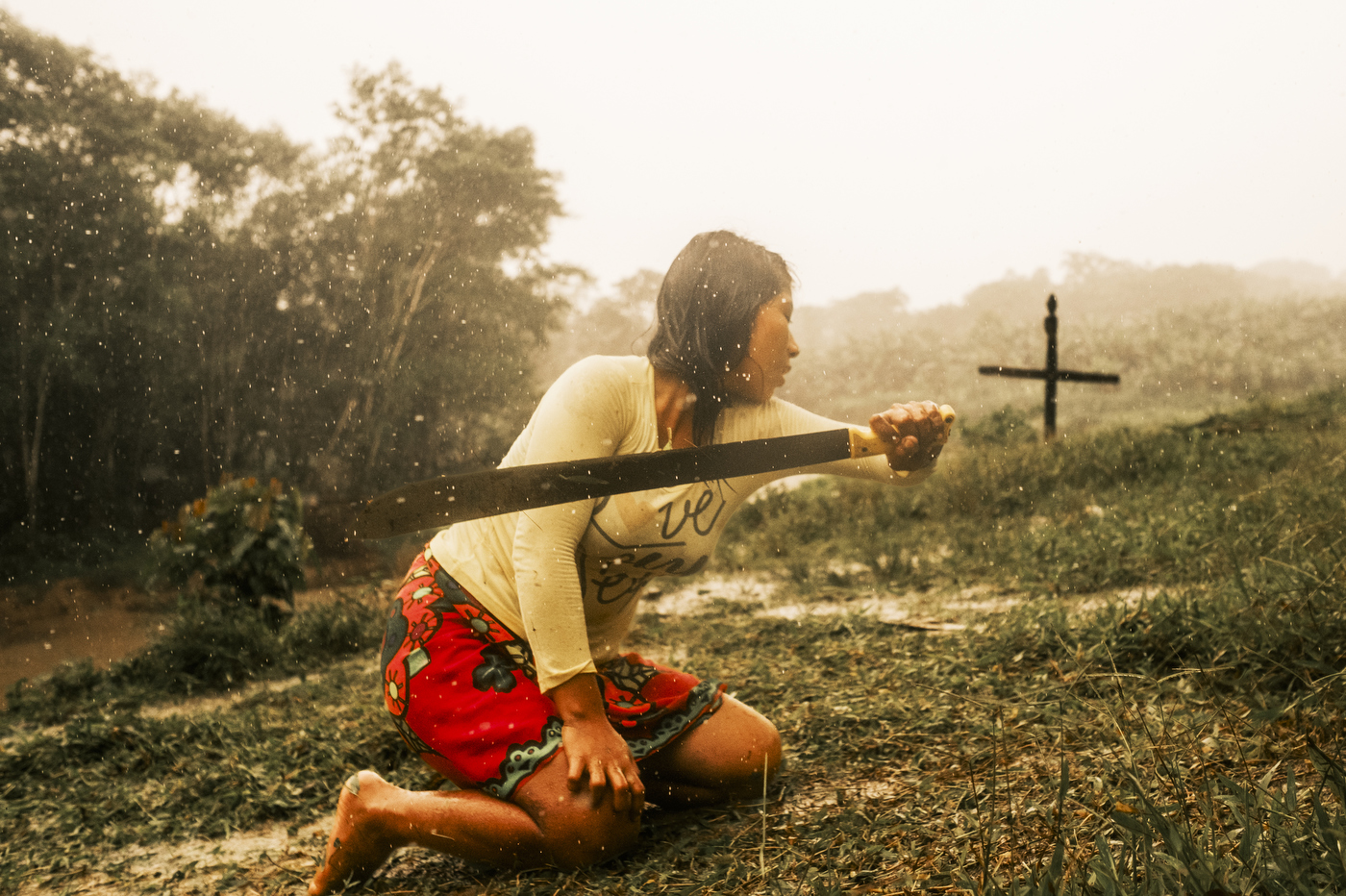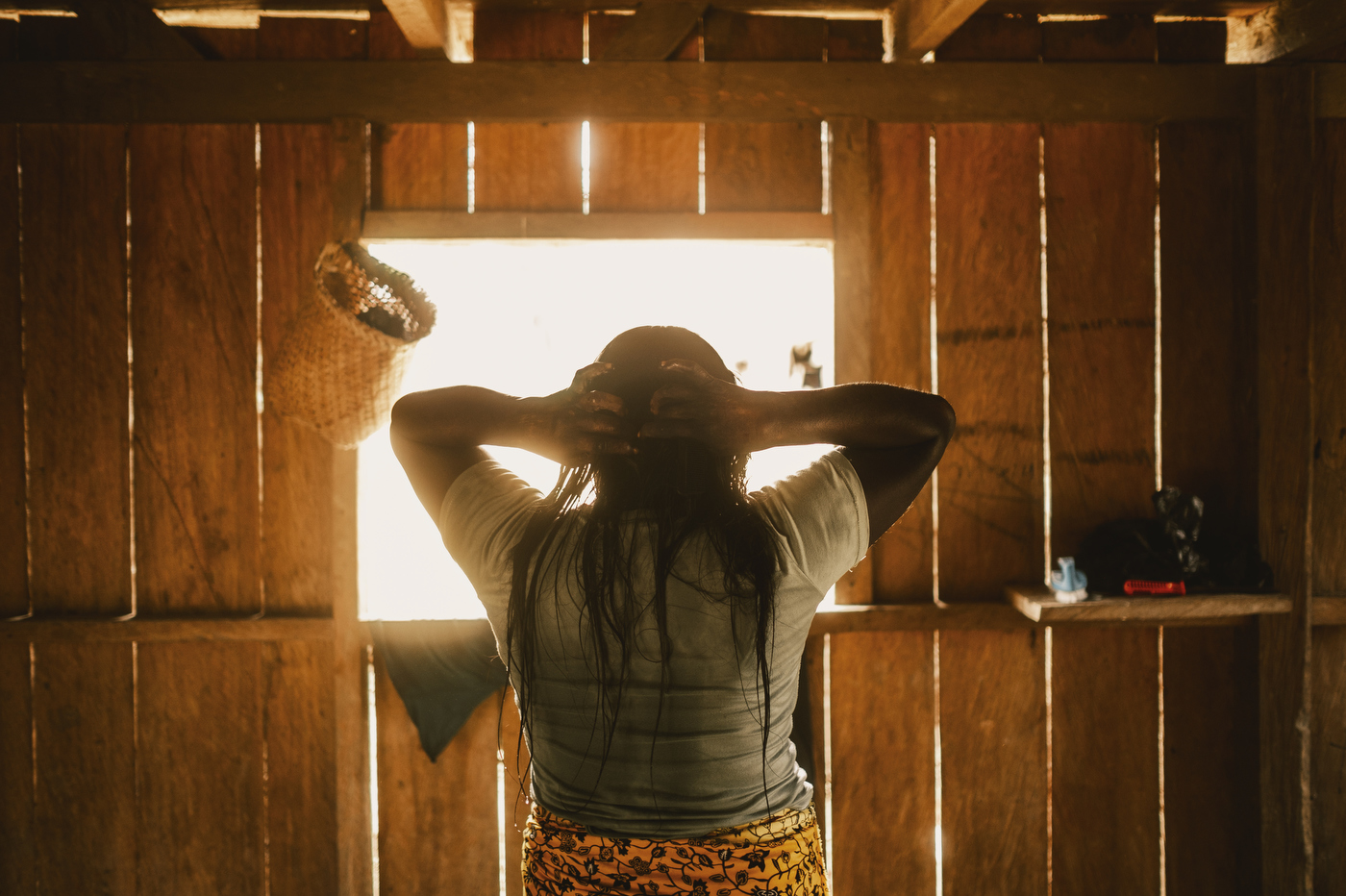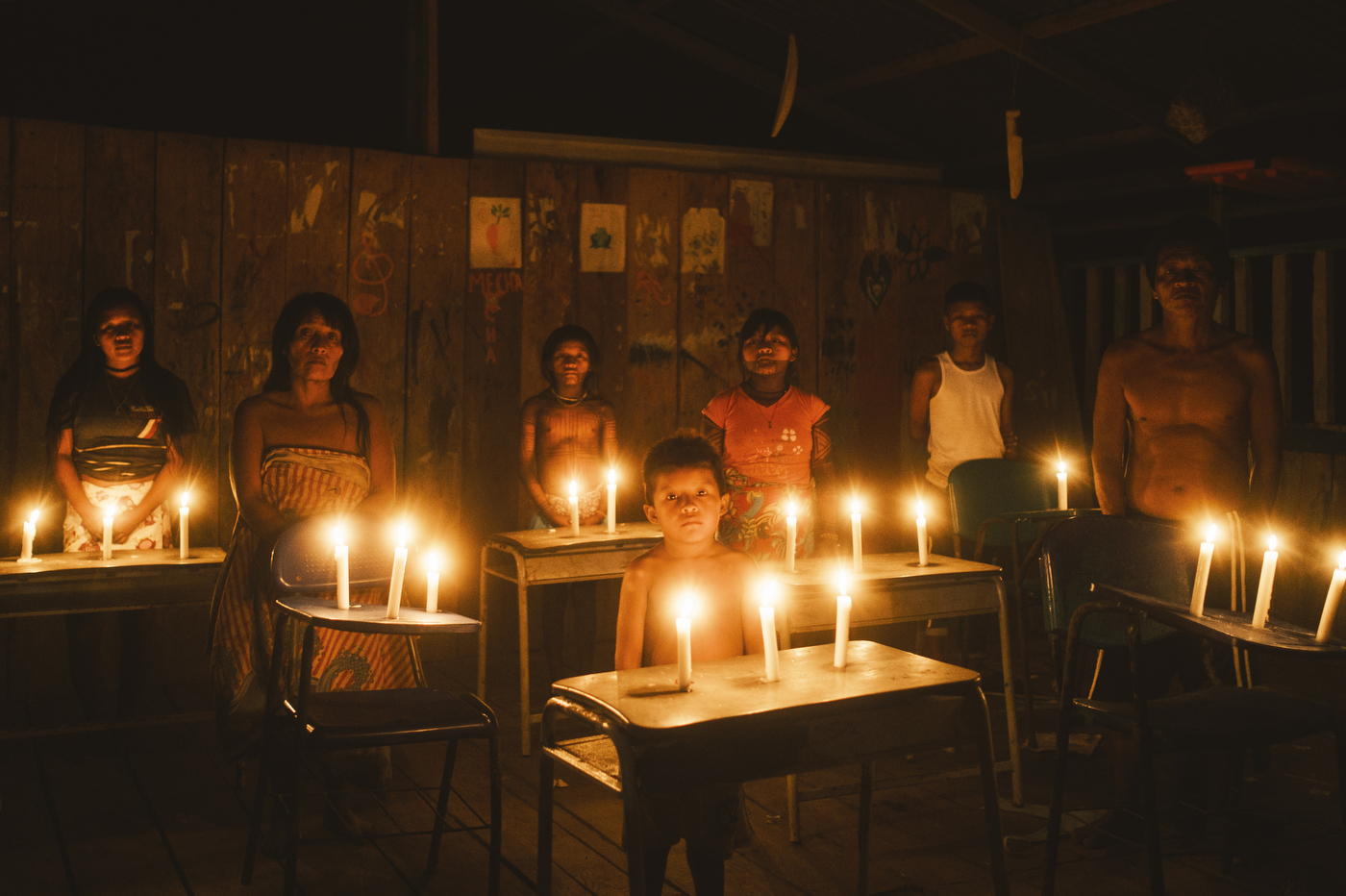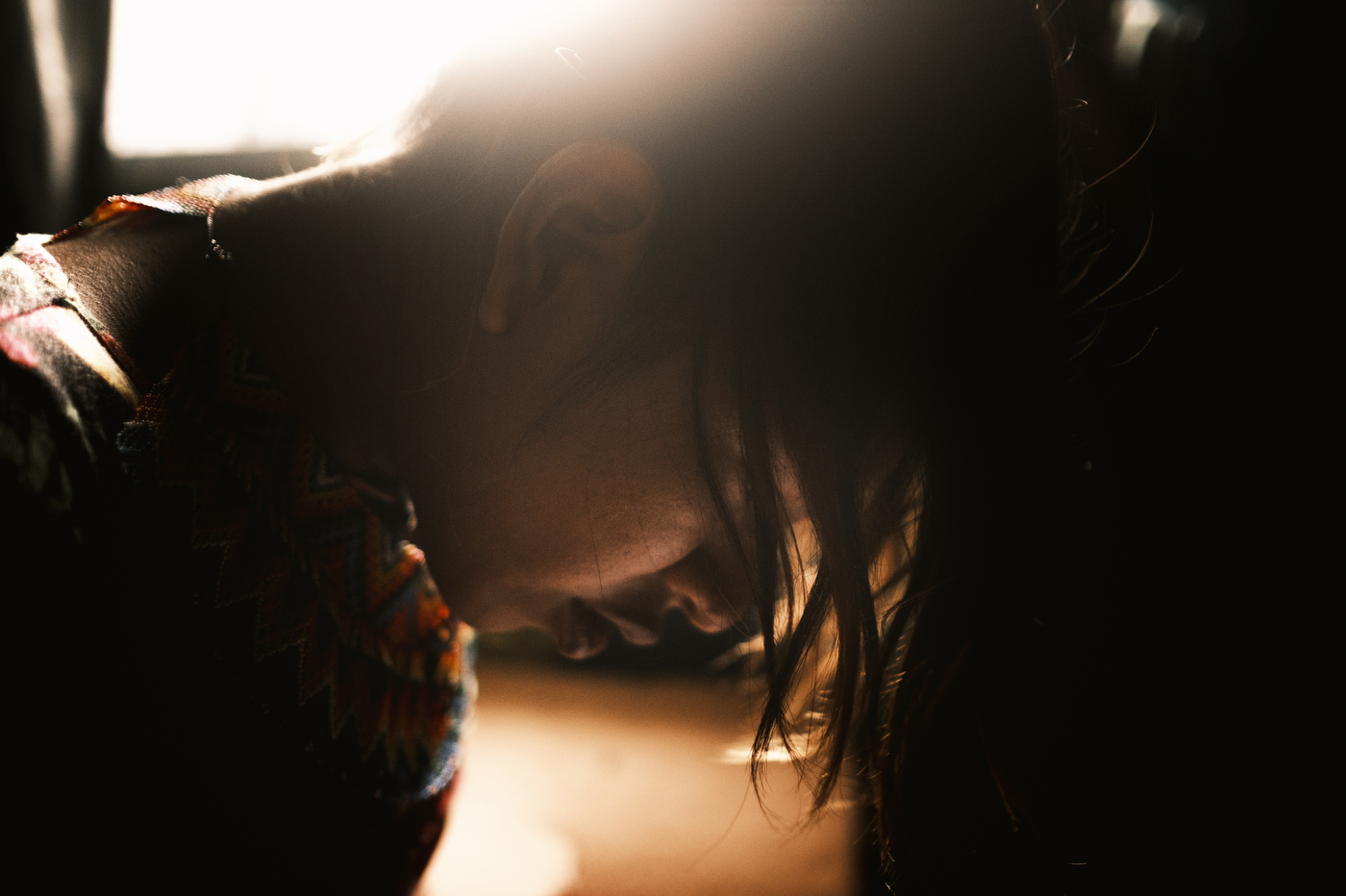Jaidë
The suicide crisis among Colombia’s indigenous communities has reached alarming levels, with a particular impact on the Emberá people of Chocó. A combination of armed conflict, forced displacement, loss of livelihoods, and domestic violence has created a state of despair that has led to a worrying increase in self-inflicted deaths.
In Bojayá, records show a growing trend. Between 2015 and 2020, 15 suicides were reported, but between 2021 and 2023, the number skyrocketed to 41, with more than 400 attempts. In 2024, at least 12 additional cases were recorded, underscoring the persistence of the problem. In the community of Unión Baquiasa, 17 suicide attempts and four deaths have been documented since 2021, while in Puerto Antioquia, more than 15 attempts and one death were recorded in 2023 alone.
Behind these figures are the stories of young people who have made extreme decisions in the midst of displacement and violence. In Puerto Antioquia, 16-year-old Yadira Birry took her own life on April 7, 2023, while Liria Cheito survived a suicide attempt on the same day. In Unión Baquiasa, 17-year-old Yameli Numasa died in December 2021, while 29-year-old Jarlison Ñameson attempted suicide during the same period. More recently, 17-year-old Luisa Ignacia Chamorro attempted to take her own life twice in 2024 and 2025.
The phenomenon is not limited to indigenous territories. In Bogotá, thousands of Emberá have been displaced by violence, but living conditions in the capital are far from being a solution. Some 2,251 indigenous people live in temporary shelters in areas such as the National Park, La Rioja, and La Florida Park. The La Rioja building, designed for 120 people, currently houses more than 1,200, resulting in severe overcrowding. In this environment, suicide attempts have also increased, with cases such as those of Jessi and Ahitana, two Emberá women who have faced extreme conditions.
The mental health crisis in these communities continues to receive insufficient attention. Although humanitarian organizations have warned about the situation, the state’s response has been limited. The lack of access to psychological care, coupled with the precarious conditions in which many of these families live, makes comprehensive intervention urgent.









